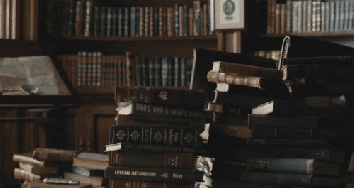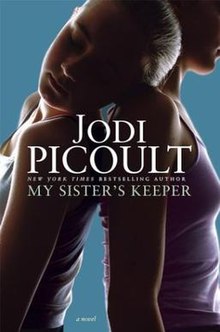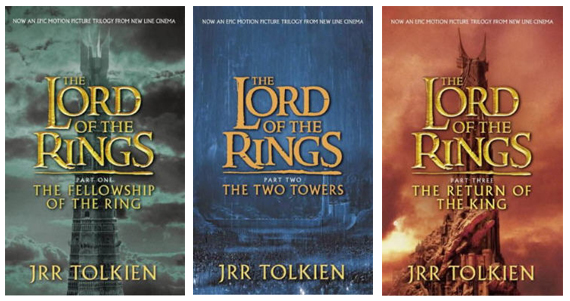
Tying the Leaves is a 2019 young adult novel by June
Toher. It was published by Toher’s Tales in October of 2019. The novel is
concerned with the subjects of climate change and environmentalism with
elements of magical realism. I was provided with a free copy of the book in
exchange for an honest review.
Tying the Leaves follows a timid Virginia boy named Jamie
and his three friends, Tony, Raj and Keisha. After they travel seventy years
into the future, they are horrified to find the Earth devastated by climate
change and dirty energy pollution. They return to the present, determined to
make sure that the future they saw doesn’t come to pass. They launch an
international online kids organization to save the planet, team up with a U.S. senator
on a controversial environmental bill, and fight the fossil fuel industry. All
the while, the same industries the kids are fighting are contributing to air
pollution that threatens the life of Jamie’s little sister.
Overall, I liked the novel. I found Jamie and his friends to
be very well-written. Jamie begins the book as a shy twelve-year-old who lacks
self-esteem, is struggling with grief and is terrified about his asthmatic
sister’s health. In the process of trying to get others to pay attention to
climate change, and trying to get others to listen and care about what’s
happening, he becomes a much more confident person. The other three kids,
Keisha, Tony and Raj have their own character arcs which center around other coming-of-age
issues such as parental acceptance. Additionally, this story has an antagonist
that’s incredibly realistic, in the form of a lobbyist for the fossil fuel
industry.
While I liked the characters, I enjoyed the plot more. The
story is told in a very up close and personal way. The kids journey from
learning about climate change in school, to traveling to the future and upon their
return, founding CAPE, Children Against Polluting Earth. The story depicts the
trials and tribulations of starting an organization like that and trying to
affect change. The kids don’t go from one high point to the next high point,
there’s struggle and conflict, which adds an element of realism to this novel
that not all young adult novels have. The conclusion of the story doesn’t show
every problem being fixed, but instead focuses on things being on track for a better,
brighter future. The struggles they face, and the main ideas about climate change
and environmentalism are very topical right now and I feel like those issues
and the arguments surrounding them were dealt with rather well in this story.
Tying the Leaves is a book with a very clear message,
and that is what sets this novel apart more than characters or plot. Toher clearly
did an extensive amount of research about climate change, renewal energy and
other environmental issues in the process of writing this novel. It shows in
the writing how knowledgeable she became about these topics, given that she’s
able to display how the issue of climate change will affect the world as a
whole, as well as its impact on individuals, as seen with Katie’s asthma and other
lung problems. The issue of climate change is something she feels passionately
about, which is reflected in her writing. She did a wonderful job of giving
vivid detail to both the future Earth, ravaged by climate change, and the
present Earth, in order to contrast the two. I enjoyed the imagery and the
atmosphere of this story.
While I liked the plot and the characters as a whole, there
are a few things about Tying the Leaves that didn’t quite work for me.
None of them are major problems, but in order for this to be a balanced and honest
review, I do need to address them. There are some stereotypes that are used
that I wasn’t the biggest fan of, but those stereotypes were mostly to make
characters have dimension and personality, so they didn’t take away from the story,
but I did feel a little weird about them. Sometimes, the dialogue was a bit clunky
or didn’t seem realistic. This mostly happened in regards to slang people were using,
but there were other situations where the dialogue drew me out of the story. Some
elements of the plot, especially around the climax, felt a bit unrealistic for
an otherwise very realistic story. The antagonist does a few things in an attempt
to stop the kids that don’t make sense with the rest of the story.
Typing the Leaves is a novel with a very important
message. June Toher delivered that message perfectly. While it’s not perfect,
the novel is good. This is a book that I think most young adults should read,
mostly because it provides information about climate change that might be inaccessible
to younger readers. It explains aspects about environmentalism in an easy to
digest way. To any reader who is interested in fictional stories about the environment,
I’d say to give this book a shot.
Rating: 3.6 Stars
Follow Me Elsewhere: Facebook \ Twitter \ Goodreads \ Instagram
Buy Me A Coffee?
















